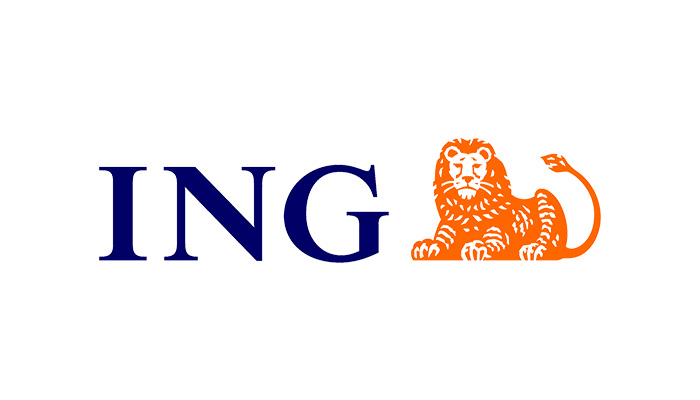
The Future Pensions Act (WTP) was introduced on 1 July 2023. The pension scheme must be adapted to the new legislation. We are now working hard to prepare this. De Unie closely involves the members in this decision-making.
Not everyone is well versed in pensions. To give everyone the opportunity to cast a well-considered vote, I would therefore like to periodically provide some background information. At the beginning of July and beginning of September 2023 you received informative member messages about pensions. This third informative member message is about the choice of contract. Do we opt for the solidarity or flexible premium scheme?
Premium scheme, what was that again?
In the previous post with pension information I explained that your current scheme is a so-called benefit scheme. For every euro of premium that you and ING contribute, the Pension Fund promises you an amount that you will receive for life after your retirement. You can also see this amount on the UPO (Uniform Pension Overview) that you receive every year from your pension fund. This benefit scheme will disappear. The WTP prescribes that employers and employees may only agree on a premium scheme.
With a premium scheme, the premium is not immediately converted into a pension entitlement. The premium is credited to your personal pension assets. Your personal pension assets are invested by the pension fund. The goal, of course, is for your personal pension assets to grow.
Choice of two premium schemes
The WTP has two different premium schemes, which we have to choose from. These premium schemes are referred to as the Flexible premium scheme and the Solidarity premium scheme. The difference between the two schemes is limited and, certainly due to the options that the law offers within these two main variants, that difference can be made even smaller.
So we not only choose between two premium schemes, but also have to decide which instruments to add. Some examples: What is the desired level? What risks do you want to take and are they individual or collective? Do employees want to make certain choices themselves?
Both premium schemes have strong points. The differences mainly lie in individual choices; the risk sharing instruments. I will explain these differences below.
Difference Options
In the solidarity contribution scheme, the pension fund decides on the collective investments. That is also the case now. So nothing changes in this respect.
In the flexible contribution scheme, the pension fund can give you more options. You can choose the standard that the pension fund offers. But you also have the opportunity to be a little more careful with your investments or to take a little more risk. In the flexible premium scheme, you can also choose on your retirement date between a fixed benefit for life or a benefit that is adjusted annually based on the investment results.
Difference Risk Sharing
To start with: both premium schemes have a solid basis of risk sharing and solidarity. The differences are related to individual freedom of choice.
In a pension scheme you distinguish two phases: the accrual phase (you work and therefore build up a pension) and the benefit phase (you receive a monthly pension benefit). In the Flexible premium scheme, you can bear your risks together with the other participants during the payment phase. The Solidarity premium scheme is a collective system in both the accrual phase and the payment phase.
Position of De Unie
De Unie has no preference in principle for either premium scheme. We want to agree on an arrangement that suits ING's employees. And that provides the best possible payout in the right proportion to the risks to be run.
The negotiations concern the question of which instruments are used, how this is designed and which combination of instruments produces good results. We will inform members in due course about the negotiations and involve them in the choices to be made.
Contact
Do you have questions about this message? Please contact the advocate Inge de Vries by sending an email to: inge.de.vries@unie.nl


